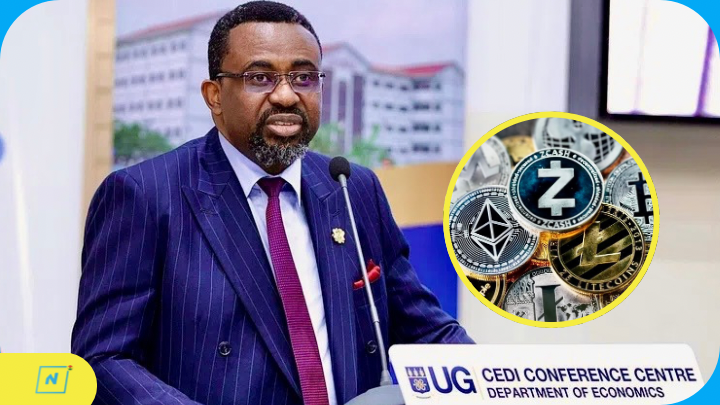The Bank of Ghana (BoG) plans to regulate cryptocurrencies and other virtual assets by December 2025, Governor Johnson Asiama announced. The announcement came during meetings in Washington with the International Monetary Fund (IMF).
Ghana’s central bank detected a shift: remittances to the country declined while use of stable-coins and crypto channels increased. Governor Asiama noted that when the Ghanaian cedi strengthened earlier in the year, diaspora senders received less local currency. Many then turned to alternatives outside the formal banking system.

The BoG, with technical support from the IMF, prepared a “Virtual Assets Bill” that will enable the central bank to license and monitor crypto operators. The bill is on its way to Ghana’s parliament and aims to give legal backing for oversight of virtual-asset activities by year-end.
Governor Asiama admitted that passing the law is only one step. The central bank is also building new units and training staff to monitor crypto flows and enforce the regulation. He said the bank “could no longer ignore” the growing crypto market and must act decisively.

Ghana isn’t alone. Many African countries are racing to regulate digital assets as usage grows rapidly. Ghana already sees about three million users engaging in crypto, and roughly US$3 billion in crypto trades took place in one year. This surge places pressure on regulators to act to protect consumers and financial stability.
Once the law takes effect, crypto exchanges and service providers in Ghana will need to obtain licences. Users may face new requirements such as verification of identity, disclosures, and oversight of cross-border flows. The aim is to bring the sector into the formal regulatory framework and reduce risks of illicit use.



